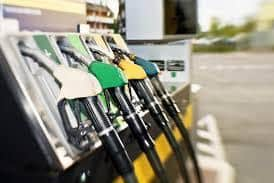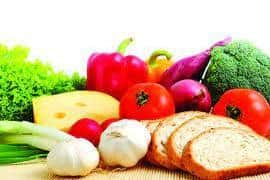What is inflation? May 2022 rate hits 9.1% in new 40-year high as cost of living crisis deepens
and live on Freeview channel 276
According to the Bank of England, prices have risen rapidly in the UK over the last year.
The speed of that change in the price level is called the rate of inflation.
Advertisement
Hide AdAdvertisement
Hide AdThe Bank of England add that the rate of inflation is forecast to keep rising this year - but is expected to slow down next year, and be close to 2% in around two years.
Even though the rate of inflation will slow down, the prices of some things may stay at a high level compared with the past.
The rate of consumer prices index (CPI) inflation rose from 9% in April to 9.1% in May, the Office for National Statistics (ONS) has said, with the increase matching what analysts had expected.
The rise pushes the measure to its highest rate since early 1982, according to ONS estimates.
Advertisement
Hide AdAdvertisement
Hide AdONS chief economist Grant Fitzner said: “Though still at historically high levels, the annual inflation rate was little changed in May.


“Continued steep food price rises and record high petrol prices were offset by clothing costs rising by less than this time last year, and a drop in often fluctuating computer games prices.
“The price of goods leaving factories rose at their fastest rate in 45 years, driven by widespread food price rises, while the cost of raw materials leapt at their fastest rate on record.”
What is inflation?
Inflation refers to the sustained rise in the prices of goods and services within a country over a set period of time.
Advertisement
Hide AdAdvertisement
Hide Ad

Inflation rates vary all the time in response to external factors, such as the price of oil, which has risen recently as lockdown restrictions have been eased.
The ONS releases regular updates on the UK’s inflation rate for people to assess living costs and make changes.
As inflation rates increase so does the cost of living, meaning the value of currency decreases.
Why has inflation gone up?
The rate of inflation has increased largely because of the increase in food prices, which added more than 0.2 percentage points to the inflation number, the ONS said.
Advertisement
Hide AdAdvertisement
Hide AdMeanwhile clothing and footwear prices helped to keep a lid on inflation, and recreation and culture prices also pulled it downwards.
The ONS added: "Rising prices for food and non-alcoholic beverages, compared with falls a year ago, resulted in the largest upward contribution."